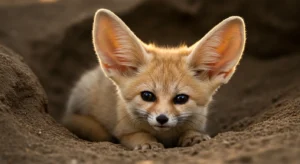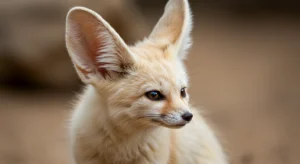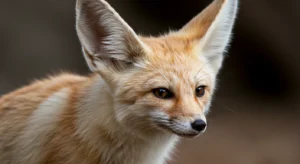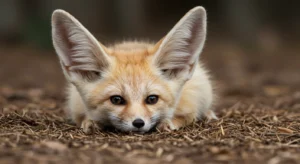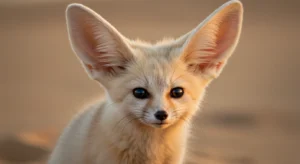Exotic Pet Ownership
Is a Fennec Fox a Good Pet?
The idea of owning a tiny, charismatic fennec fox is undeniably appealing. Their large ears and playful nature capture hearts, but does this translate into them being a “good” pet? The answer is complex and depends heavily on the owner’s expectations, lifestyle, and commitment level. For the average person seeking a companion animal comparable to a dog or cat, a fennec fox is likely **not** a good fit.
Defining a “Good Pet”
What constitutes a “good pet” varies, but generally includes traits like:
- Being relatively easy to care for.
- Having predictable behaviors.
- Being well-suited to living in a typical human home.
- Forming strong, affectionate bonds with owners.
- Having readily available veterinary care and supplies.
While fennec foxes can bond with owners, they fall short on several other points commonly associated with “good” pets.
Fennec Fox Traits
Fennec foxes possess unique characteristics derived from their desert origins:
- Intelligence and Curiosity: They are smart animals, capable of learning and problem-solving.
- Playfulness: Especially when young, they exhibit bursts of energetic play.
- Social Nature: In the wild, they live in family groups, and captive fennecs often bond closely with their human caregivers or other pets if socialized properly.
- Size: Their small size (typically 2-4 lbs) makes them seem manageable.
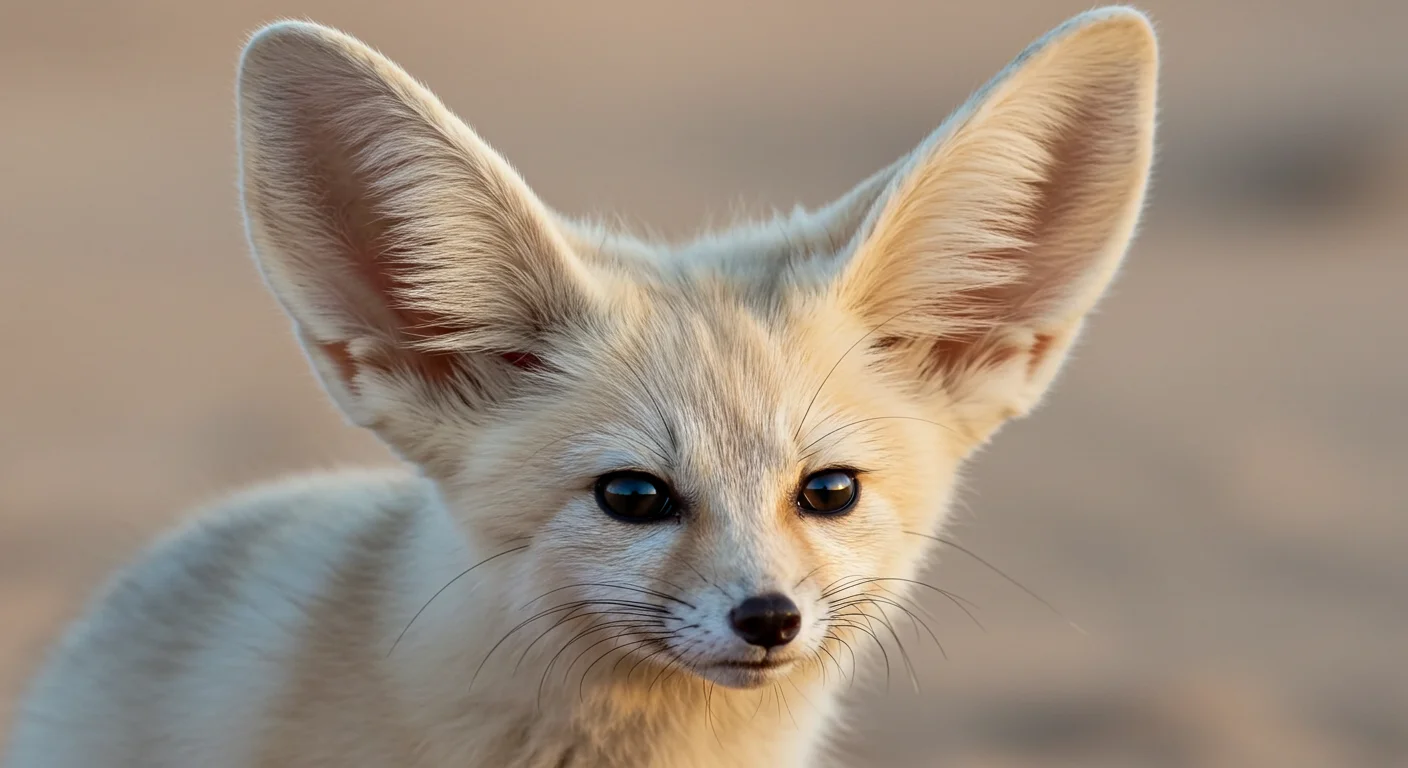
Challenges of Ownership
Despite their charms, owning a fennec fox presents significant challenges:
- Nocturnal Activity: They are most active at night, which can mean disruptive noises and playtime when you’re trying to sleep.
- High Energy Levels: Fennecs need a lot of space to run and play. They are incredibly fast and agile.
- Digging Instincts: A powerful natural behavior, they will attempt to dig into furniture, carpets, and escape enclosures. Providing appropriate digging outlets is essential. Understanding fennec fox care requirements is crucial before committing.
- Vocalizations: They communicate through a variety of sounds, including loud screams, whines, and chatters, especially when excited or alarmed.
- House Training Difficulties: While possible, consistent litter box use is not guaranteed. Scent marking is also common.
- Specialized Diet: They require a specific diet mimicking their wild omnivorous intake, typically high-quality commercial wild canid food supplemented with insects, vegetables, and fruits.
- Escape Artistry: They are excellent climbers and diggers, requiring very secure enclosures.
- Veterinary Care: Finding a vet experienced with exotic animals, particularly fennec foxes, can be difficult and expensive.
- Legality: Owning a fennec fox is illegal in many states and cities.
Not Domesticated: It’s vital to remember fennec foxes are wild animals, not domesticated pets like dogs or cats. Their instincts remain strong even when captive-bred.
Suitability Considerations
A fennec fox might be a suitable pet *only* for individuals who:
- Have thoroughly researched fennec fox behavior traits and needs.
- Live where ownership is legal and can meet permit requirements.
- Have ample space and resources for a large, secure enclosure.
- Can provide significant daily enrichment and supervision.
- Are prepared for nocturnal activity and potential property damage (digging).
- Have access to specialized veterinary care.
- Are financially prepared for the high costs associated with their care.
- Do not expect a low-maintenance, cuddly lap pet.
Conclusion: A Qualified Yes
So, is a fennec fox a good pet? For a very small, dedicated group of experienced exotic animal owners who understand and can accommodate their demanding needs, they can be rewarding companions. However, for the vast majority of people seeking a pet, the extensive care requirements, behavioral challenges, legal hurdles, and specialized needs make them unsuitable. They require a significant lifestyle adjustment and commitment far beyond that of traditional pets.
Information partly sourced from Wikipedia: Fennec fox.
